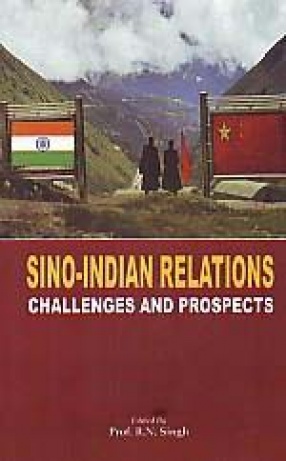
Showing all 8 books
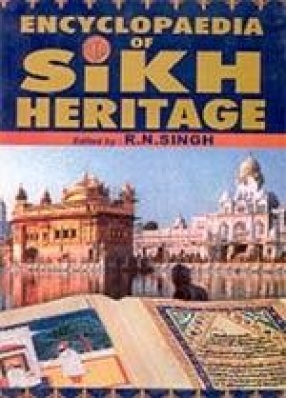
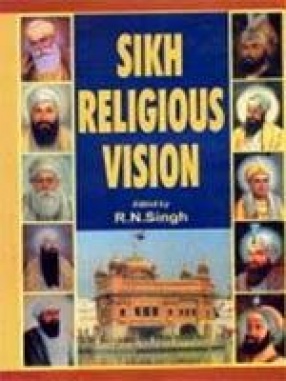
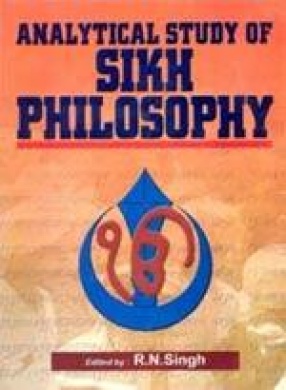



Every culture is aided or hampered by the philosophical assumptions and views held in regard to the value systems by the members of the society. If we want to properly understand and appreciate the development of the value system of Sikhs heritage, we shall confine ourselves merely to a statement in broad outlines of the moral values of the Sikhs. The Encyclopaedia of Sikh Heritage is a comprehensive and informative source of informations compiled in five volumes ...
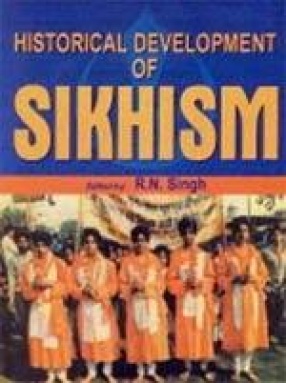
Since pre-historic times India has been inhabited by many religious communities. It was during the period of catholic Hindu religion, Sikhism developed and flourished in Punjab, passing through the high times of Mughals its development also witnessed the start of decline of Mughal empire, and invasions of Nadir Shah, Abdali etc. Amid all these confusions the Sikhs gradually achieved independence and emerged as a nation comprising of twelve Misals, which kept on ...

Dharma means right attitude toward life, Sikhism helps a man to formulate right attitude and practice to adopt right way of life. Its prescriptions for such a life are simple but the mystic truth contained in them realy works. The Sikh doctrine of human equality provides secure foundations on which the traditions of a liberal democracy can be reared. The Sikh Gurus wanted Sikhs to imbibe democratic values as they carried a deep conviction that it alone can ...

Sikhism, added to the dignity and prestige of common men. It is the common people who are the inheritors of sovereignty. What better example could there be than the one in which the Guru bestowed temporal sovereignty on the common people, and trained them in statecraft. Guru Gobind Singh’s four sons were alive when he founded and made the Khalsa his Guru. The institution of personal guruship was ended by him. He vested temporal power in the Khalsa and spiritual ...
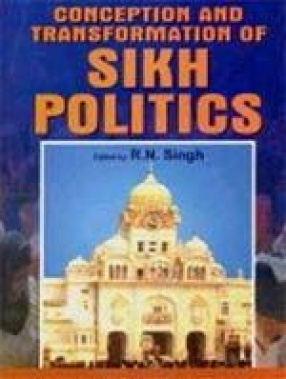
The academic analysis of social and political ideas and institutions of the Sikhs has of late received some attention of the scholars. Nevertheless, the number of books and articles in the field is still very small. However, there seems to be a near consensus amongst the writers about the social and political values cherished by the Sikh Gurus. Almost all agree, with a varying degree of emphasis, that the Sikh Gurus stood for equality, liberty, justice and ...
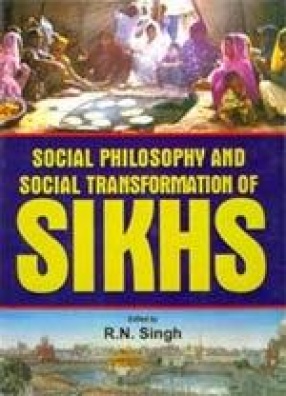
Sikhism aims at establishing social, political and economic systems which are just, humanitarian and conducive to the development of a balanced and harmonious human personality. The emergence of Green and White Revolutions in Punjab and the resultant prosperity can be attributed mainly to the equalitarian revolution brought about by the Sikh Gurus as a result of which there has been greater co-ordination and co-operativeness as well as interchange of ideas, ...
